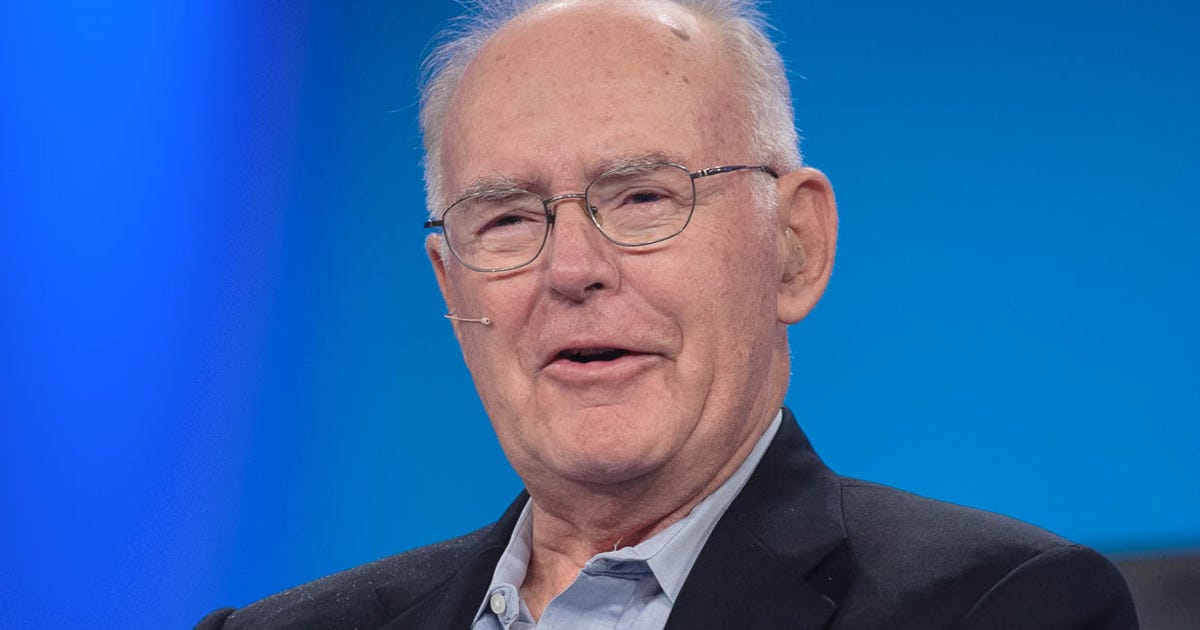
Intel co-founder Gordon Moore, the man behind “Moore’s Law,” which became a driving force among makers of computers, phones and other electronics, died Friday at 94.
Moore “defined the technology industry through his insight and vision,” Intel CEO Pat Gelsinger said in a release. “He was instrumental in revealing the power of transistors, and inspired technologists and entrepreneurs across the decades.”
In 1965, Moore predicted that as the manufacturing of computer chips improved, shrinking the size of components, the number of transistors on a chip would double every year — making for dramatic increases in performance and capabilities. A decade later, he tweaked the observation to every two years.
The “law” became a goal for tech companies to aspire to and established a rhythm of innovation that kept the progress coming.
“It created a metronome,” Genevieve Bell, a cultural anthropologist for Intel, told CNET in 2015, on the 50th anniversary of Moore’s Law. “It’s given us this incredible notion of constant progress that is constantly changing.”
That’s meant, among other things, that your pocket-size phone is more powerful than a room-filling bank of computers was back in the day.
With chip components now having shrunk to atomic scales, though, some have said Moore’s Law has run its course. Others, though, maintain that it’ll keep going, thanks to manufacturing innovations such as building chips made up of not just one but several slices of silicon.
Moore was born in San Francisco in 1929 and later attended San Jose State University, the University of California, Berkeley, and Caltech, where he received a doctorate in chemistry.
In 1957, he co-founded Fairchild Semiconductor with, among others, Robert Noyce, who’d helped invent the microchip, or integrated circuit, which lies at the heart of computer chip design and paved the way for the iPhone and countless other gadgets. In 1968, the two founded Intel, which grew to become the world’s biggest chipmaker, though it subsequently relinquished that crown.
In later years, Moore moved into philanthropy. The Gordon and Betty Moore Foundation, established with his wife, has awarded grants to efforts focused on environmental conservation, scientific research and higher education.
In 1990, Moore received the National Medal of Technology, and in 2002, he was awarded the Presidential Medal of Freedom, the highest civilian honor in the United States.
Read more: Moore’s Law is the reason your iPhone is so thin and cheap
